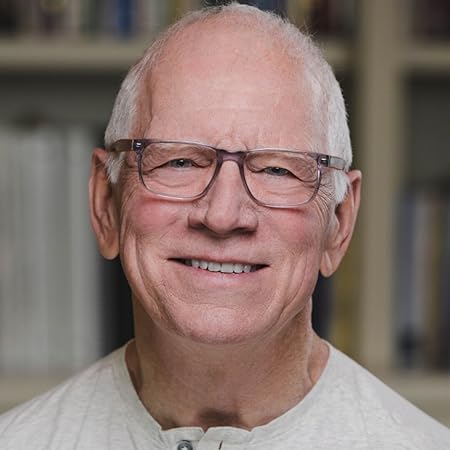Ecclesiastes 13 How often do you hear men asking these kinds of questions? Why does my life feel so empty? I got what I wanted, so why am I still not happy? Why does contentment always seem to elude me? Why can’t I conquer worry and disappointment? Where can I go to find meaning? In…
LESSON 2 OF 13
45 min read
Membership Required
This content is only available to members. Please join to access this content.
Continue the Series
Dive into the wisdom of Solomon as this series reveals twelve profound secrets for a fulfilling life. From seeking God’s wisdom to finding contentment and purpose, each lesson uncovers practical advice and spiritual truths drawn from the book of Ecclesiastes to guide modern Christian living.
-
Solomon’s Bad News Is Good News For Us!
-
It All Comes Down to This
-
When You’re Feeling Stuck
-
Solomon’s Advice If You Want To Be Counted Among The Wise
-
For Those Days When You Feel Disappointed With God
-
You Can’t Know The Future, So Where Does That Leave Us?
-
Solomon’s Wisdom for Whatever Has You Worried
-
Solomon’s Great Secret of Contentment
-
Even If You Can Get Rich, Only God Can Make You Happy
-
If This Shoe Fits Don’t Wear It!

